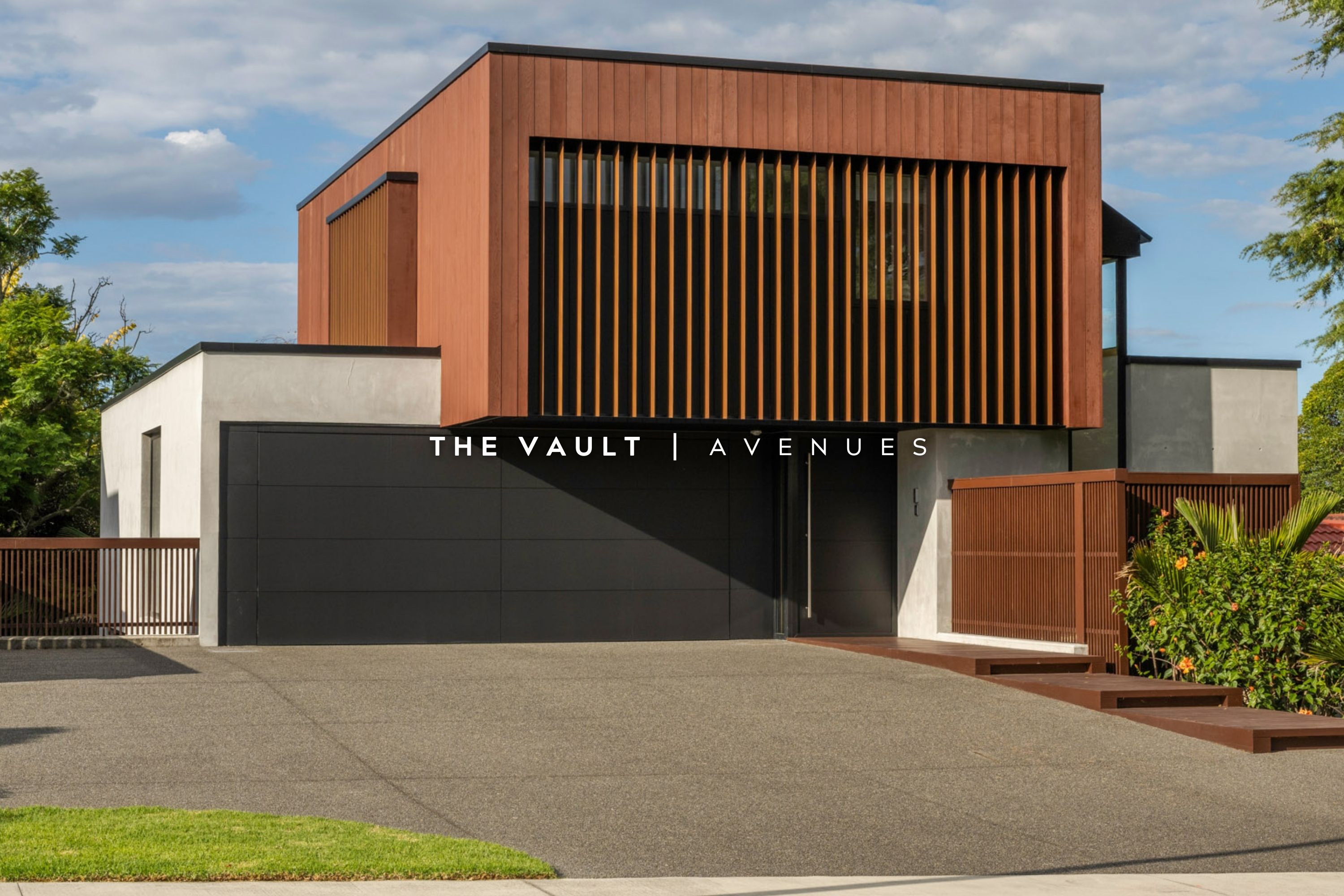It’s no secret that house prices and mortgage rates have risen rapidly in recent years, and many would-be buyers find themselves priced out of the community where they’d like to live.
Kiwibank mobile mortgage manager Carl McMeeking, who has 30 years’ experience in banking , says that rather than buy a house to live in that is perhaps a long commute from work, friends and family, some buyers could look to enter the property market as “rentvestors”.
Rentvesting refers to renting a home for personal residence while simultaneously investing in property. It allows Kiwi to live in their preferred location while having their feet on the property ladder for potential financial growth.
McMeeking says rentvestment can be a smart financial decision, but it requires would-be home-owners to do their due diligence carefully. He illustrates the concept with an example of how it could be relevant to some Kiwi.
Start your property search
“It's an idea that could be worth considering for people who have larger deposits because you generally need a 30% deposit, to purchase an investment property. That might sound like a significant sum, but for people earning a large income it can be realistic. It can also be more realistic when you’re flexible with where you purchase your investment property, in more affordable regions for example.
"There are a number of Kiwi living and working overseas, for instance, who want to buy property while earning a wage that provides a decent surplus income. Rentvesting provides an opportunity for those people to put their feet on the property ladder, simultaneously securing an investment and a potential future home in New Zealand. In these times of global uncertainty, it's always good to have a backup plan.”
McMeeking points out there are pros and cons to rentvesting, on the positive side, it allows you to rent in your preferred location, possibly closer to work, family, or even overseas. Additionally, investing in New Zealand's property market has historically shown positive capital growth, indicating that property values typically increase over time. In essence, the potential rise in your investment property’s value can be a strategy for gradually building wealth.”
However, he highlights that despite history painting a positive property investment picture there are no guarantees. He also warns, “First-home buyers should be aware they won’t be able to access their Kiwisaver funds or First Home Grants, as those are only available if the owner is going to occupy the home. But on the flip side, your Kiwisaver funds are still there for you when you reach age 65.”
He says it’s crucial to do your homework. “For people looking at this angle, you certainly want to talk to your trusted professional advisers. It'll be good to talk to your bank or mortgage broker to find out what the credit policy is around this. What is the deposit requirement? What are the implications of doing it?”
If it's an investment or a rental property, you should seek some special advice from the council and/or technical specialists. The QV website is also a good place to do some research on median rents, annual rent changes, and gross rental yields for different suburbs around the country. Real estate agents can also be useful in terms of finding out what might be a good place and area to buy – particularly from a rental perspective.”
Be cautious, what may look like a bargain on paper may have hidden pitfalls. “With the events of the past 12-18 months, insurance for example has become a major issue, particularly around riverfront and coastline properties.
“Insurance companies often are loading excesses on to certain properties that they think may be in a flood zone. Hence, it’s definitely important to speak with insurance companies to gain advice and quotes before buying a property.”
As with all major financial propositions, McMeeking says: “You do need to surround yourself with knowledgeable people and to do your due diligence.” It's also important for prospective landlords to decide whether they’ll manage their own property or hand the property over to a rental manager. Opting for the do-it-yourself method might result in cost savings, but it also entails handling tenant matters, from potential delays in rental payments, Tenancy Tribunal disputes, to the organising of maintenance contractors. An additional challenge will be added if the investment property is not in a reasonably close proximity to the owner.
When asked if he recommends rentvesting, he replied, “You're renting for a reason - perhaps to be close to work or living in a location you want to be for your lifestyle and at the same time, you have an investment for your future. I certainly think for people that are able to do it, it's absolutely a good option to consider.”














































































